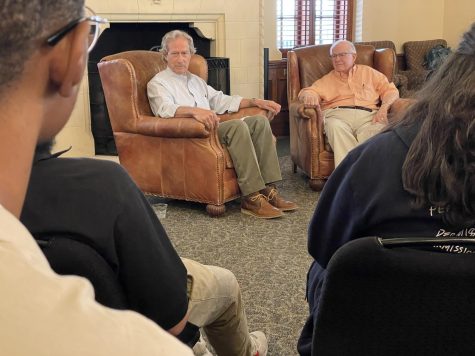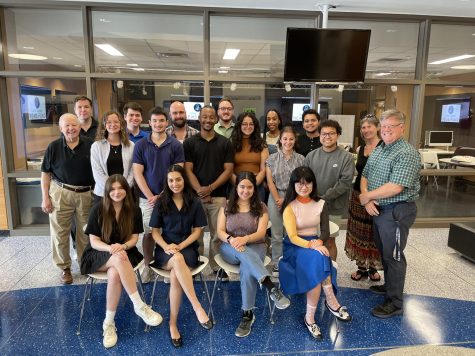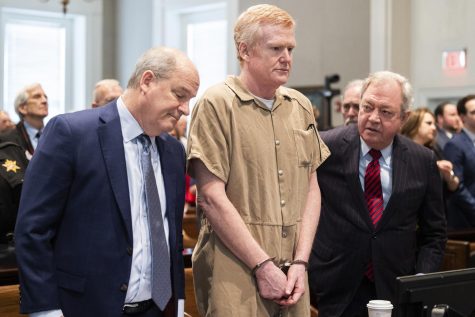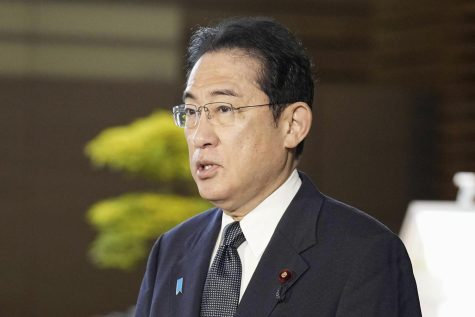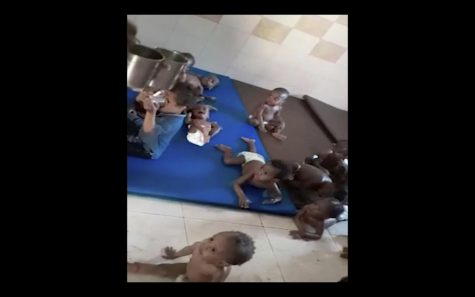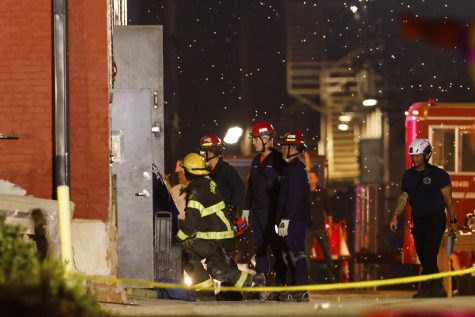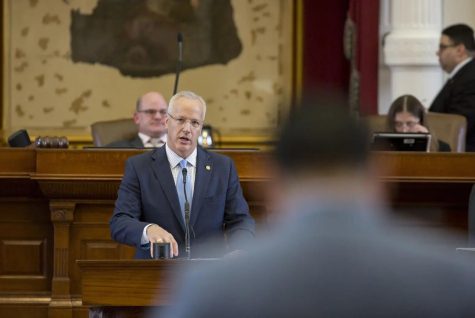Transgender woman dies in El Paso after falling ill in ICE custody
June 3, 2019
EL PASO — A transgender woman from El Salvador died after falling ill at a private Immigration and Customs Enforcement detention center in New Mexico, officials said Sunday, drawing new scrutiny to a facility that has faced allegations of mistreatment of gay and transgender detainees.
Johana Medina Leon, 25, died on Saturday at Del Sol Medical Center in El Paso, ICE officials said. She had been taken to the hospital complaining of chest pains on Tuesday at the Otero County Processing Center. Earlier that day, she had requested an HIV test, which came back positive, officials said.
“This is yet another unfortunate example of an individual who illegally enters the United States with an untreated, unscreened medical condition,” Corey A. Price, field office director for ICE Enforcement and Removal Operations in El Paso, said in a statement. “There is a crisis at our southern border with a mass influx of aliens lured by the lies of human smugglers who profit without regard for human life or well-being. Many of these aliens attempt to enter the United States with untreated or unknown diseases, which are not diagnosed until they are examined while in detention.”
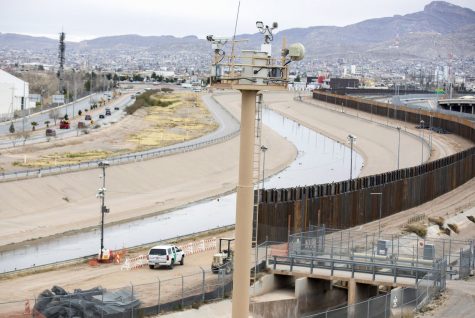
A Border Patrol vehicle parked near the border fence in El Paso on Feb. 10.
ICE officials said Leon was taken into custody after presenting herself April 11 at the Paso del Norte Port of Entry in El Paso. On May 18, she passed an interview to determine whether she had a credible fear of persecution if returned to El Salvador. She was paroled from custody the day she went to the hospital, ICE officials said.
Nathan Craig, a member of Advocate Visitors with Immigrants in Detention (AVID) in the Chihuahuan Desert, said he has been communicating for months with two of the four transgender women detained at Otero; he said they frequently complained about conditions at the facility. He did not meet with Leon, but he said another transgender woman told him on May 24 that all four transgender women at the facility were sick and weren’t given adequate medical attention.
Craig said he learned that Leon was not feeling well and that others had requested that she be given intravenous fluids but that staff said they couldn’t administer that kind of treatment.
Grecia, a transgender activist in Ciudad Juarez, Mexico, announced Leon’s death in a news release Saturday night. She said she visited Leon, whom she calls Joa, at the El Paso hospital on Saturday morning.
Grecia said she was alarmed by Leon’s condition and worried that she would face the same fate as Roxsana Hernandez Rodriguez, a transgender woman from Honduras who died on May 25, 2018, after being in ICE custody at another New Mexico detention center.
“Unfortunately, tonight at 9 o’clock, I got called by the hospital to tell me that she had passed away,” Grecia said in her news release.
An official autopsy released in April determined that Rodriguez’s cause of death was related to “acquired immunodeficiency syndrome,” and an independent autopsy performed for the Transgender Law Center said she died of dehydration and complications of AIDS/HIV. The Transgender Law Center has filed a lawsuit alleging improper care by ICE contributed to Hernandez’s death, an allegation ICE has denied.
In March, the American Civil Liberties Union and other groups sent a letter to ICE and the Department of Homeland Security complaining about the treatment of gay and transgender detainees at the Otero County Processing Center, the southern New Mexico facility where Leon was held.
“ICE’s practices at Otero have created an unsafe environment for transgender women and gay men who are detained there,” the letter said. One of the complaints in the letter was that requests for medical care often didn’t get responses for days or weeks.
ICE officials didn’t respond directly to the allegations in the letter but said they are “committed to ensuring that those in our custody reside in safe, secure and human environments and under appropriate conditions of confinement.”



